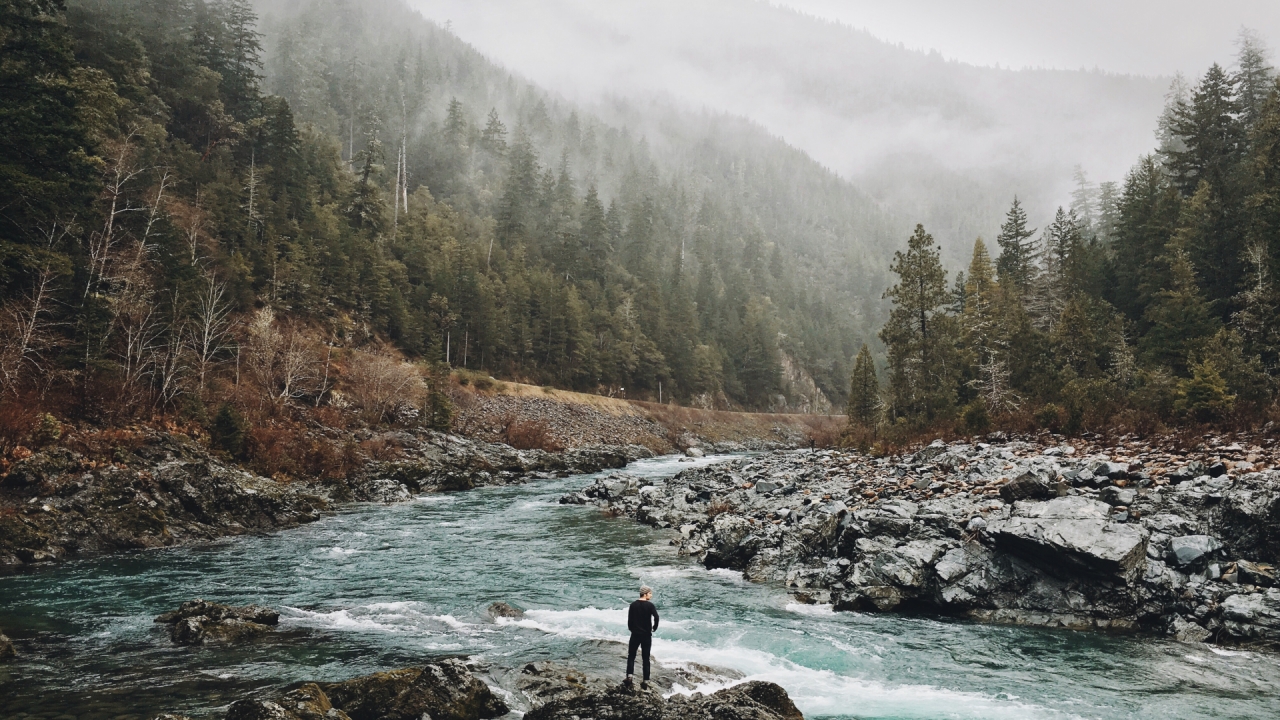
Article based on subject and findings of the discussion night held on January 14, 2019. Has come into being through the efforts of Valerie Gies, Jesse van Kempen, Willem Klok, Rick Peters, Arne Steemers and Nils Terpstra.
It was one of the most frequent items in the Dutch news of past year: sustainability. Good news has alternated with bad news, and pessimism has sometimes prevailed in the minds of all concerned world citizens. One thing has become clear however; people are really struggling with making the move towards a sustainable society. It might very well be the biggest challenge that humanity has ever faced. Why though, is mankind struggling with sustainability when we have all the knowledge, resources and money? A few concerned and motivated students have pulled together on a serious evening of discussing and listening in order to find an answer to this question.
What is striking about the problem of sustainability is the fact that it is very hard to grasp. The consequences of global warming lie in the (near) future, whereas the causes are in the very things we do every day. It is as such a very abstract problem, and we as humans seem to be bad at solving problems that are hard to “seeâ€. Actually it is not even a problem that we can solve directly, we need to take measures to prevent this problem from becoming bigger.
Who is this “we†anyway? Is that every human being? Does it consist of consumers? Are companies the villains? Should politicians safeguard the people? Who has the responsibility and who should take the lead? Consumers – and we are all consumers – are the ones for whom all products, services and energy are produced in the end. It seems evident therefore, that a shift in attitude from them is needed. Companies on the other hand, are the ones producing all those products, services and energy, trying maximise profits for their shareholders. And then there is politics, a concentration of power that is able to, in theory, overrule all the others. Yet, the interest of politicians to be re-elected in the short term and the lack of continuity in our democracy is not a suitable breeding ground for sustainable thinking. The cause of the problem, but also the opportunity for making a difference lies within all three groups. Still, they all have their own limitations because they play their part in relation with the others. Companies follow the needs and desires of consumers through the market, and politics (ideally) is a reflection of the opinions of consumers. Are we, everyday consumers, then at fault?
It seems that every single one of us is part of, whether we like it or not, a “system†in which all our smaller decisions lead to behaviour on a larger scale where they get a very different meaning. The decision of a family to buy a bigger car for example, might be motivated by the arrival of a third child, whereas the politician that tries to win votes is actually being very democratic. Such decisions that are not inherently bad at a smaller level take a life of their own, the culmination of which we call “the systemâ€. In our capitalist society, it is based on growth; the more transactions between people and organisations, the better. One could characterise our current system as “consumerism†because of this principle. It has replaced religion and the old ‘-isms’. Consumerism unites people in an individual quest for happiness through the consumption of goods and experiences. It also seems to be a prerequisite for capitalist society, because it is based on continuous growth. A world without growth is rather problematic for people, they seem to be more capable of imagining the end of the world than the end of capitalism.
How then, can we reach all those people to make an effort for sustainability? Very simply said, one will need to convince others. One can only unite a very large amount of people in the pursuit of the same goal however, if they all belief in the value of doing so. Belief is evoked through the telling of a story. Sustainability is currently a story of “let’s safe the planet!â€, “we need to do somethingâ€. It is very much based on the (presumed) immorality of not being sustainable and the fear of its consequences. As we have seen however, it is very hard for people to act upon potential consequences we can not (yet) see. Maybe we should be telling a different story.
Let us go deeper once more: what do we mean with sustainability? why do we do sustainability anyway? Are we simply trying to survive as a species? Is there any value in being sustainable? Why are we proclaiming sustainability as being the right thing to do? The answers to these question seem obvious, but have you ever wondered? It is assumed that we need it to sustain our lifestyles in the future and the ones of future generations, but maybe quite some value can be found in acting sustainably right now. If we zoom in on that, being sustainable is about consuming less, producing locally, sharing equipment, to name a few things. Can we find other reasons for doing those things? Consuming less saves us money, meaning that we will have to work less and have more time to spend on hobbies, children, and other things. Producing locally means becoming independent and knowing where your food comes from. Sharing tools is about getting to know your neighbour.
Maybe we should be telling a story of improving our lives through sustainability. What then, is our vision of the future? It is a question that remains unanswered, and requires another evening of listening and discussing.
We are not there yet, but what can we conclude? First of all, the fact that people are struggling with sustainability, also means that they are doing something. It is hard for people to solve a problem that does not yet manifest itself clearly and can not be solved directly. Also, we live in a society with great interdependencies between groups of people. Their small-scale decisions, lead to system behaviour that you can not control. It seems that we need a story that kills two birds with one stone; a vision of the future for the improvement of the lives of people, with the help of and through sustainability. What else can we take away from here? We feel like we have come quite far with just a couple of hours of discussing and listening. Also, we feel very much inspired by sharing our insights and perspectives. A question is sometimes more interesting than its answer. The aspiration for sustainability requires us to change the future, but what story will we tell to reach our goal?
